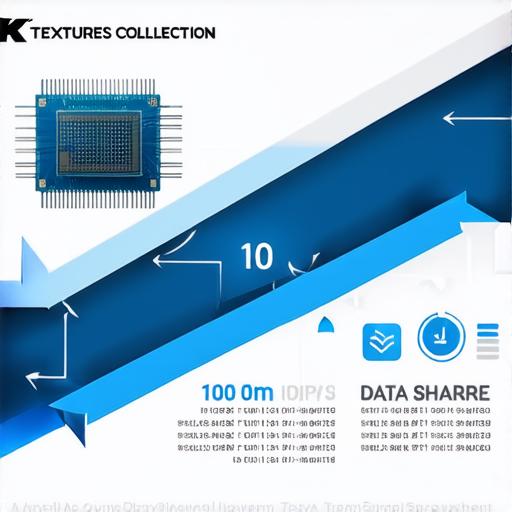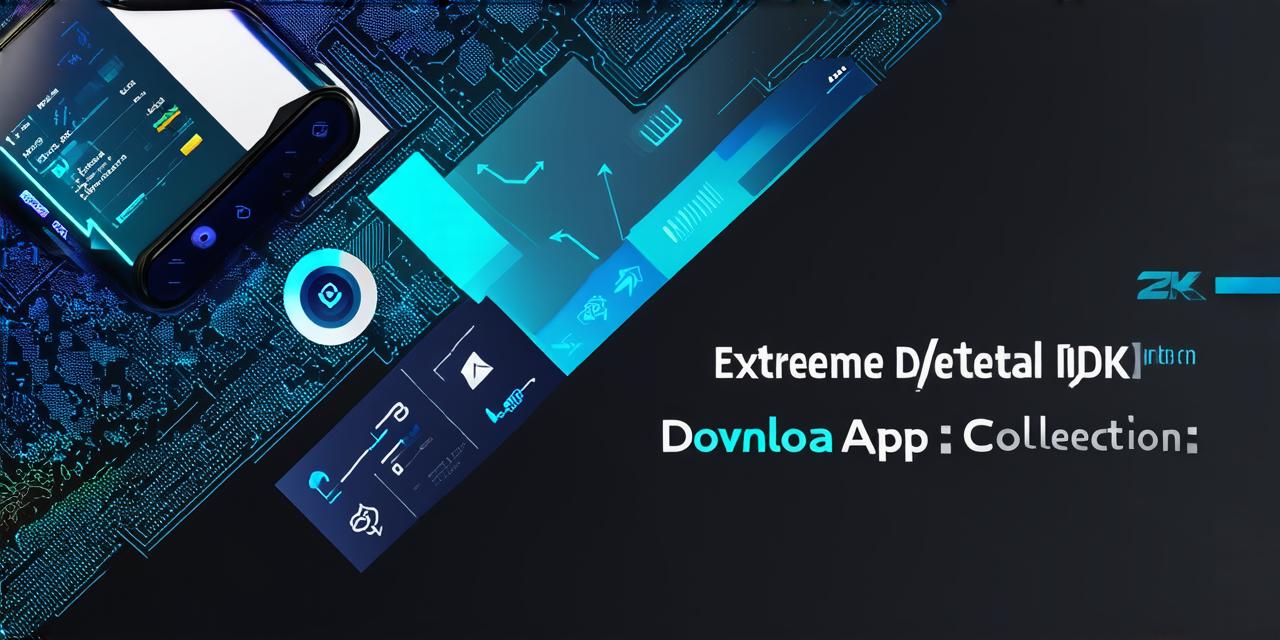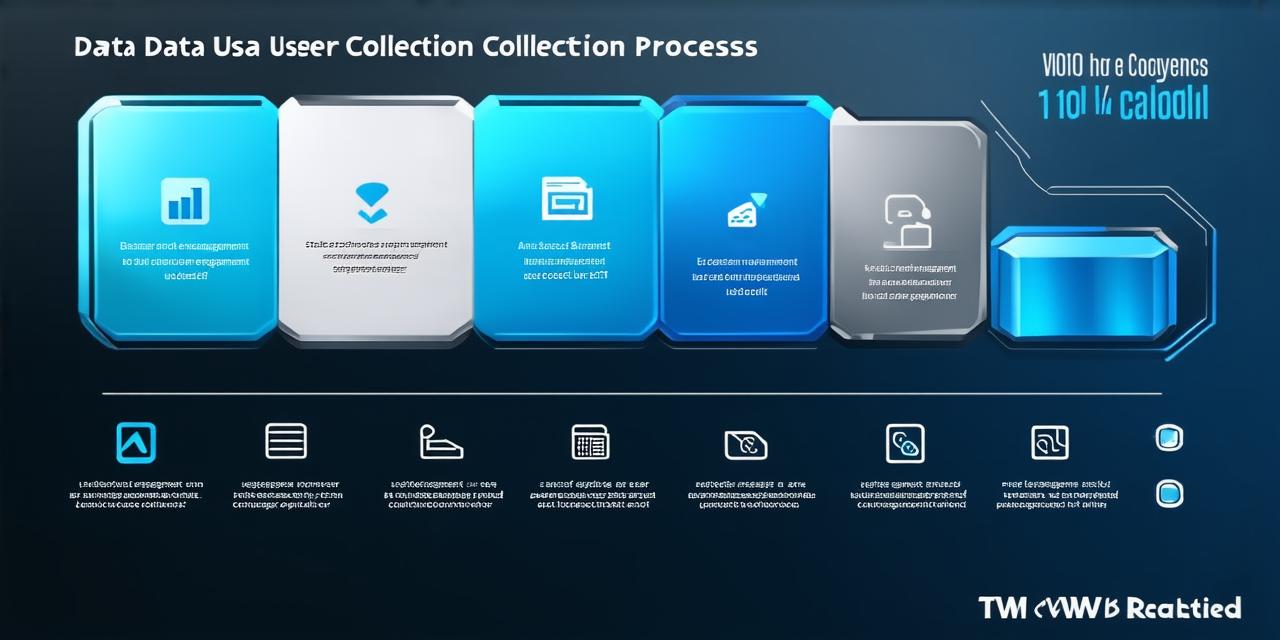In today’s digital world, consumers are becoming increasingly aware of the data they share with apps and companies. They want to know that their personal information is being used responsibly and ethically, and they want transparency when it comes to what data is being collected.
Why Sharing App Data Matters
Trust is a critical component of any successful relationship, and this is especially true in the world of apps. If users don’t feel like they can trust an app or company to handle their data responsibly, they are less likely to download or use that app in the future.
Building Trust
By being transparent about what data your app collects and why, you can build trust with your users and show them that you care about their privacy.
Attracting Users
Sharing app data can also help attract users to your app. In a world where consumers are bombarded with choices, it can be difficult to stand out from the crowd. By being transparent about what data your app collects and why, you can differentiate yourself from other apps in the market and show users that you have something unique and valuable to offer.

Compliance
Finally, sharing app data can help ensure compliance with data privacy regulations. Many countries have strict data privacy laws, such as the General Data Protection Regulation (GDPR) in Europe and the California Consumer Privacy Act (CCPA) in the US. By being transparent about what data your app collects and why, you can show that you are compliant with these regulations and avoid any legal issues down the line.
Case Studies: Real-Life Examples of Apps Sharing Data Successfully
Headspace is a popular meditation app that has been transparent about what data it collects and why. On its website, Headspace states that it collects data such as usage patterns, device information, and location data to improve the user experience and personalize recommendations for users. This has helped build trust with users and differentiate Headspace from other meditation apps in the market.
Nike Training Club is another app that has been transparent about what data it collects and why. The app collects data such as workout frequency, duration, and intensity to provide personalized recommendations for users. This has helped build trust with users and differentiate Nike Training Club from other fitness apps in the market.
Dropbox is a cloud storage app that has been transparent about what data it collects and why. On its website, Dropbox states that it collects data such as usage patterns, device information, and location data to improve the user experience and personalize recommendations for users. This has helped build trust with users and differentiate Dropbox from other cloud storage apps in the market.
Structuring Your App Data Sharing Strategy
Before sharing any app data, it’s important to have a clear policy in place that outlines what data will be collected, how it will be used, and who it will be shared with. This policy should be easy for users to understand and accessible from within the app.
It’s important to only collect the data that is necessary for your app to function properly. Collecting too much data can be intrusive and lead to user mistrust.
Be transparent with your users about what data you collect and why.



